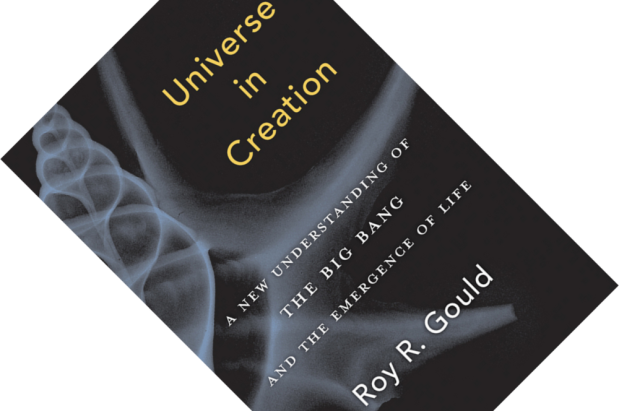Communicating the complexities and abstractions of scientific findings is not easy. Anyone who has ever slogged through yet another dense paper or muddled presentation will acknowledge this. Our universe, it seems, cares not for the human quest of understanding it. One of the things, then, that makes popular science books such a treat is that they infuse scientific findings and speculation with a certain lyricism and good storytelling. This is why we flock to authors such as Nick Lane, Richard Dawkins, Richard Fortey, and many others besides. This is why Richard Feynman and Carl Sagan remain household names decades after their death. The latter’s Pale Blue Dot segment still gives me goosebumps. With Evolutions: Fifteen Myths That Explain Our World, science historian Oren Harman boldly turns the concept on its head: rather than bringing poetic flair to a pop-science book, he brings scientific flair to an epic poem.
 (more…)
(more…)








